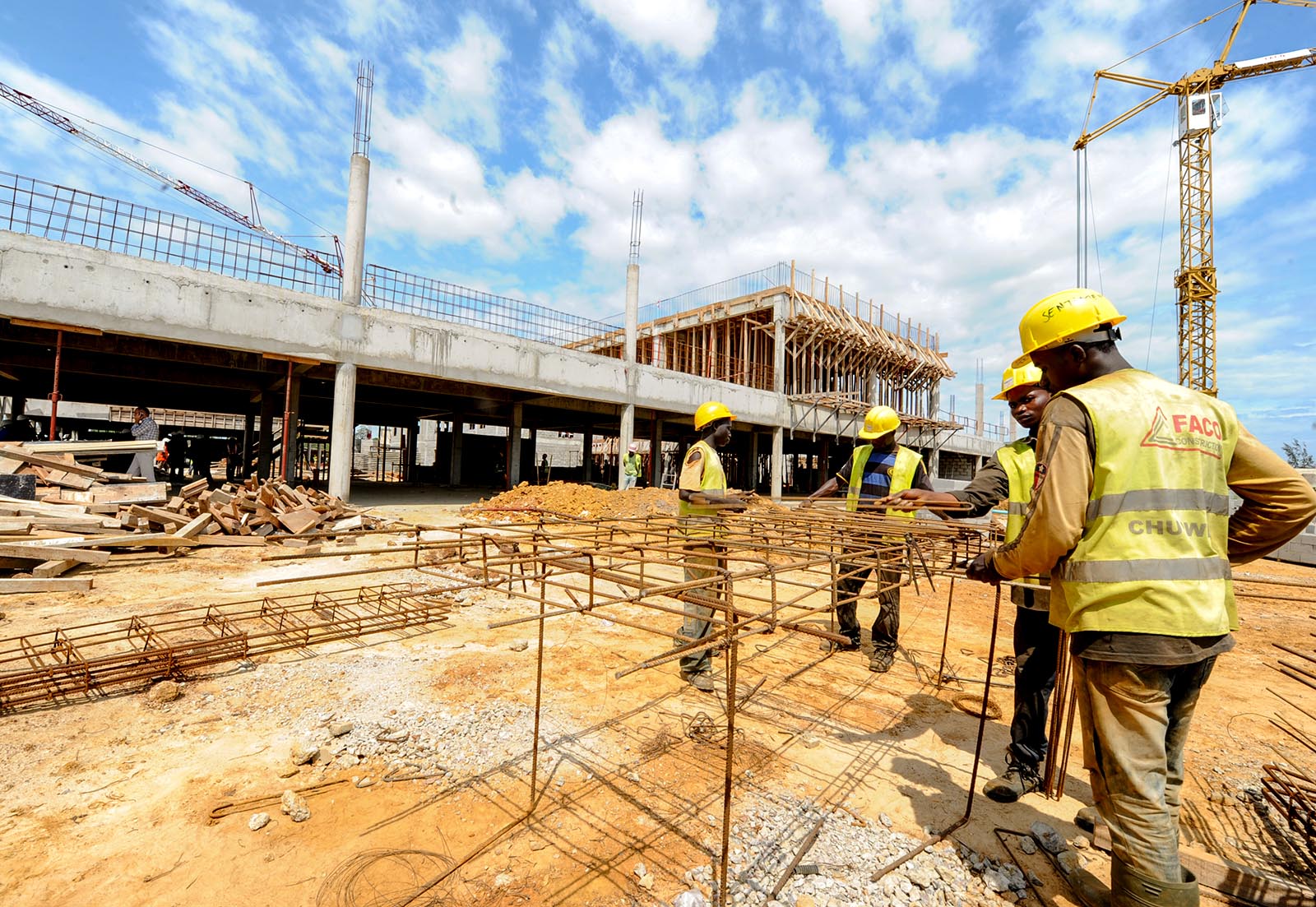
Across the African continent, nations are ramping up efforts to boost infrastructure development, recognizing its pivotal role in driving economic growth and fostering regional integration. With initiatives like the African Union’s Agenda 2063 leading the charge, African countries are prioritizing investments in transportation, energy, and telecommunications networks to unlock their full economic potential.
Infrastructure development has long been identified as a critical factor in Africa’s socio-economic advancement, with inadequate infrastructure often cited as a major hindrance to growth and development. In response, governments are rolling out ambitious projects aimed at modernizing and expanding key infrastructure sectors.
Under the auspices of Agenda 2063, the African Union’s strategic framework for the socio-economic transformation of the continent, infrastructure development features prominently as a priority area. The agenda seeks to accelerate infrastructure development as a catalyst for sustainable development, economic diversification, and regional integration.
Transportation infrastructure is receiving particular attention, with investments directed towards the construction and rehabilitation of roads, railways, ports, and airports. Improved transport networks not only facilitate the movement of goods and people within countries but also enhance connectivity across borders, bolstering trade and economic ties among African nations.
In the energy sector, efforts are underway to address Africa’s energy deficit by expanding access to electricity and promoting renewable energy sources. Governments are investing in power generation projects, including hydroelectric, solar, wind, and geothermal energy installations, to meet growing demand and drive industrialization.
Furthermore, telecommunications infrastructure is being expanded and upgraded to enhance connectivity and digital inclusion. Investments in broadband networks, mobile technology, and digital infrastructure are enabling greater access to information, fostering innovation, and driving economic diversification in sectors such as e-commerce and fintech.
The impact of these infrastructure investments extends beyond economic benefits, with improvements in transportation, energy, and telecommunications infrastructure also contributing to social development, job creation, and poverty reduction.
African governments are leveraging partnerships with the private sector, international financial institutions, and development partners to finance infrastructure projects and overcome funding challenges. Public-private partnerships are increasingly seen as a viable model for delivering infrastructure projects efficiently and sustainably.
As African nations continue to make strides in infrastructure development, the prospects for economic growth and integration on the continent are promising. By investing in robust transportation, energy, and telecommunications networks, African countries are laying the groundwork for a more prosperous and interconnected future, in line with the objectives of Agenda 2063 and the aspirations of their citizens.
